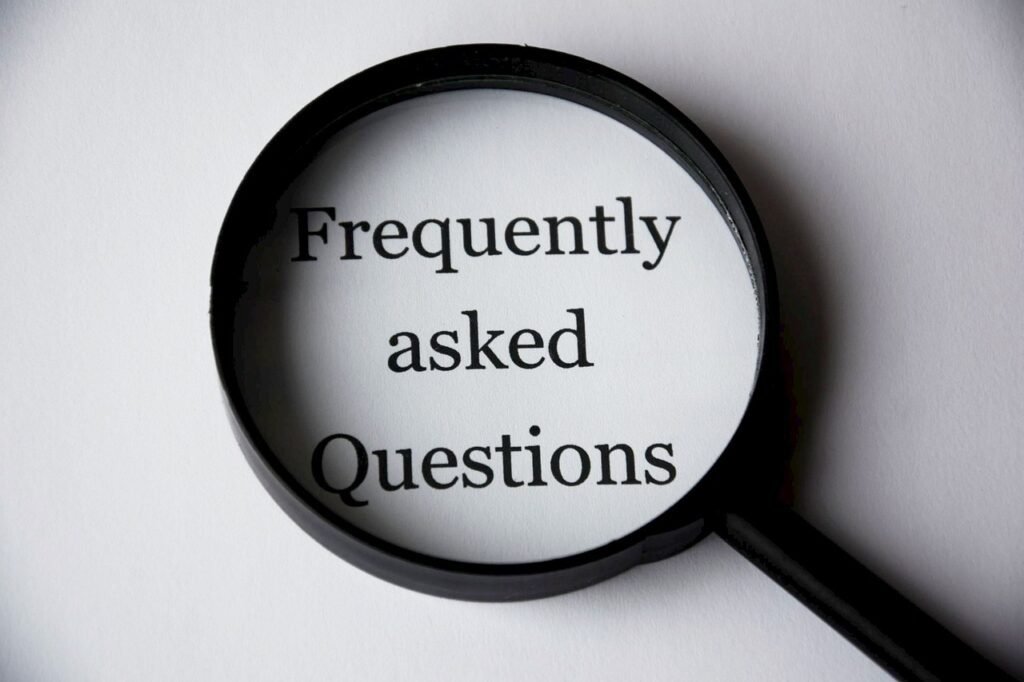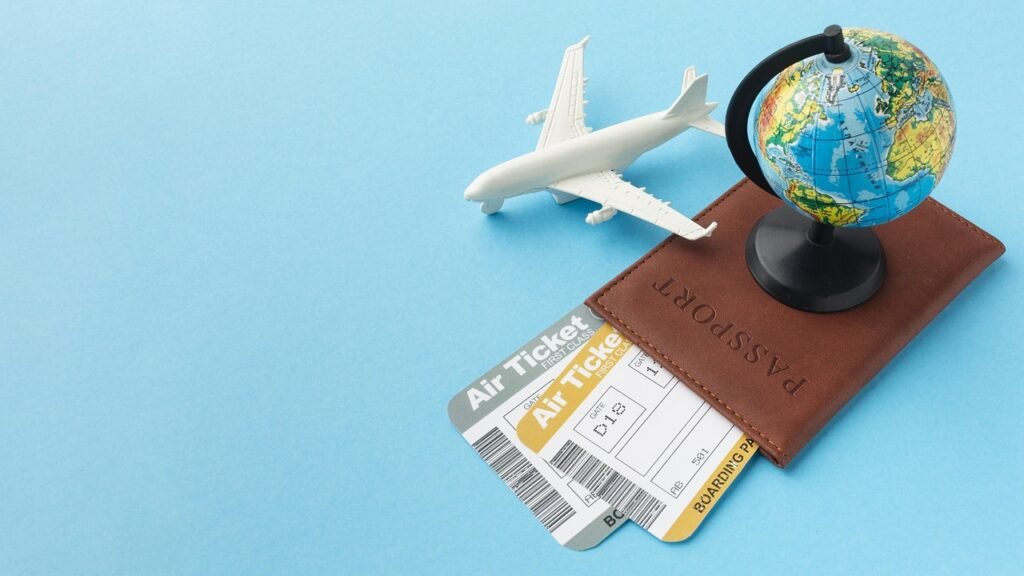|
Getting your Trinity Audio player ready...
|
1. How can I afford to travel so often?
Affording frequent travel requires careful planning, budgeting, and sometimes making lifestyle adjustments. Here are some strategies to help you afford to travel more often:
Create a Travel Budget: Estimate your travel expenses including flights, accommodation, transportation, food, activities, and miscellaneous costs. This will give you a clear picture of how much you need to save for each trip.
Cut Unnecessary Expenses: Review your monthly spending and identify areas where you can cut back. This might include dining out less, reducing entertainment expenses, or cancelling unused subscriptions.
Prioritize Saving: Create a separate savings account dedicated to your travel fund. Set up automatic transfers to this account each month to ensure consistent savings.
Travel Rewards and Points: Use credit cards with travel rewards or frequent flyer programs to earn points that can be redeemed for flights, accommodation, and other travel expenses.
Travel During Off-Peak Seasons: Prices for flights and accommodations are often lower during off-peak seasons. Research the best times to visit your desired destinations to get the best deals.
Opt for Budget Accommodation: Consider staying in hostels, guesthouses, or vacation rentals instead of luxury hotels. You can also explore options like Airbnb to find more affordable lodging.
Cook Your Own Meals: If possible, choose accommodations with kitchen facilities and prepare your own meals. This can significantly cut down on food expenses.
Use Public Transportation: Instead of relying on taxis or rental cars, use public transportation like buses and trains. It’s often cheaper and gives you a chance to experience local life.
Work While Traveling: Depending on your skills, you might be able to work remotely while traveling. This can help offset some travel expenses.
Travel with a Group: Group travel can sometimes lead to cost savings as you can split accommodation and transportation expenses.
Stay Flexible with Dates: Being flexible with your travel dates can help you find cheaper flights and accommodations.
Explore Nearby Destinations: You don’t always have to travel long distances. Exploring nearby cities or regions can provide a change of scenery without the high costs.
Sell Unused Items: Declutter your belongings and sell items you no longer need. Use the proceeds to fund your travels.
Participate in Travel Contests: Keep an eye out for travel contests and giveaways that could provide you with free trips or significant discounts.
Consider Working Holidays: Some countries offer working holiday visas that allow you to work while experiencing a new culture. This can be a unique way to fund your travels.
Remember, affording frequent travel requires discipline and a commitment to your travel goals. By making informed financial decisions and prioritizing your spending, you can make your travel dreams a reality.
2. Q: How do I find the best deals on flights and accommodations?
A: To find the best deals, consider using travel comparison websites, signing up for fare alerts, being flexible with your travel dates, and using loyalty points or rewards.
3. Q: What should I pack for my trip?
A: Pack essentials like clothing suitable for the destination’s climate, toiletries, travel documents (passport, visas), electronics, chargers, and any specific items required for planned activities.
4. Q: How can I stay safe while traveling?
A: Research your destination’s safety guidelines, avoid displaying valuable items, stay in well-reviewed accommodations, be cautious with your belongings, and be aware of local customs and laws
5. Q: What are some tips for solo travelers?
A: Inform someone of your itinerary, choose reputable accommodations, keep important documents secure, trust your instincts, and consider joining group tours or activities to meet other travelers.
6. Q: How can I handle jet lag effectively?
A: Gradually adjust your sleep schedule before the trip, stay hydrated, get sunlight exposure, and avoid heavy meals or caffeine close to bedtime.
7. Q: Do I need travel insurance?
A: Travel insurance can provide coverage for unexpected events like trip cancellations, medical emergencies, and lost luggage. It’s recommended, especially for international trips.
8. Q: How can I save money while traveling?
A: Use public transportation, eat at local restaurants, stay in budget accommodations, take advantage of free or low-cost attractions, and consider purchasing city passes for discounts.
9. Q: What’s the best way to exchange currency abroad?
A: Compare exchange rates at banks, currency exchange kiosks, or use a debit/credit card with low foreign transaction fees. Notify your bank about your travel plans to avoid issues.
10. Q: How can I respect the local culture while traveling?
A: Research and understand local customs, dress appropriately, learn a few basic phrases in the local language, and be mindful of local traditions and taboos.
11. Q: What should I do in case of travel emergencies?
A: Keep emergency contact numbers handy, know the location of your country’s embassy or consulate, and have copies of important documents stored digitally or with a trusted person.
Remember that specific travel situations may vary, so it’s always a good idea to research and plan accordingly based on your destination and individual preferences.




